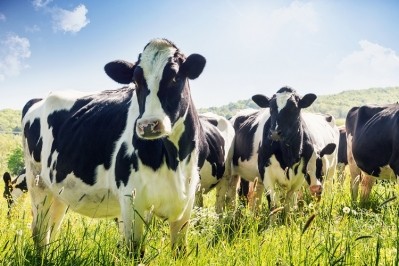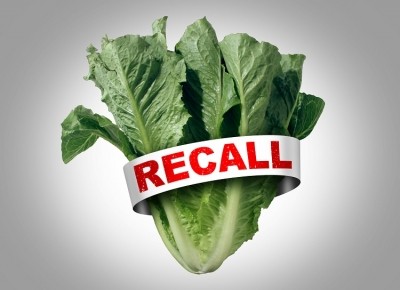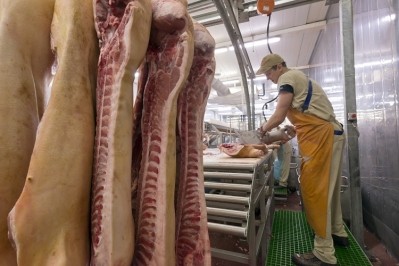Foodborne bacteria can adapt to cleaning methods, research suggests

Food recall data in 2023 showed that many foodstuffs were recalled due to bacterial contaminations, for example salmonella in kebabs and listeria in cheese. The EU, for example, saw the highest recall numbers since 2020, many incidents of which were linked to food contamination.
New research suggests a potential reason for high levels of infections: bacteria in factories that prepare ready-to-eat food can adapt to their environments. This means that, far from being a guarantee against infection, cleaning these preparation areas can often have little impact on the safety of the humans consuming the resulting food.
You think I'd lay down and die (from being cleaned)? No, not I, I will survive
It is well known that bacteria are not always absent from ready-to-eat food environments. Despite the best efforts of everyone involved, foodborne bacteria doesn’t always survive cleaning efforts on the factory floor, according to research by the food and health research organisation Quadram Institute and UK Health Security Agency.
Furthermore, in the ready-to-eat food category consumers won’t always heat the food before consuming it, meaning the danger is even more significant.
In order to find out how this happened, researchers sampled the floor of a ready-to-eat food factory that had recently detected Listeria monocytogenes, in a preparation area where ingredients were kept at 4°C and a production area where food was kept at 10°C. They sampled these areas over ten weeks, both before and after cleaning, and analysed the samples to check for the levels of bacteria found.
Listeria
Listeria monocytogenes is a bacteria often found in ready-to-eat foods such as cooked meat, cured fish and dairy products made from unpasteurised milk.
It can cause a disease called Listeriosis, the symptoms of which include aches and pains, chills, high temperature, sickness and diarrhoea, according to the UK’s National Health Service.
Bacteria stable before and after cleaning
The researchers found that bacteria populations that coexist with listeria have adapted to cleaning conditions, therefore bolstering the continued existence of the foodborne bacteria and making food preparation areas less safe than previously thought.
The quantity of bacteria was, in fact, stable before and after cleaning, showing that the cleaning process doesn’t make as much difference as it is meant to.
However, the researchers stressed that this doesn’t mean cleaning isn’t worth doing. While the bacteria’s composition does not change after cleaning, the numbers do, indeed, still decrease, which makes cross contamination less likely.
Between the two areas of the factory assessed, there were different types of bacteria within each, although both of these populations remained stable. This suggests that, rather than the bacteria being introduced from outside, the populations are well and truly established and had adapted to each different area within the factory.
Now that they know the bacteria survive, the researchers are looking for new ways in which to kill them.
“As L. monocytogenes is supported by a stable community of other bacteria, we may now need to develop new strategies to alter the whole bacterial population to effectively eliminate the pathogen,” said Maria Diaz, one of the researchers.
























